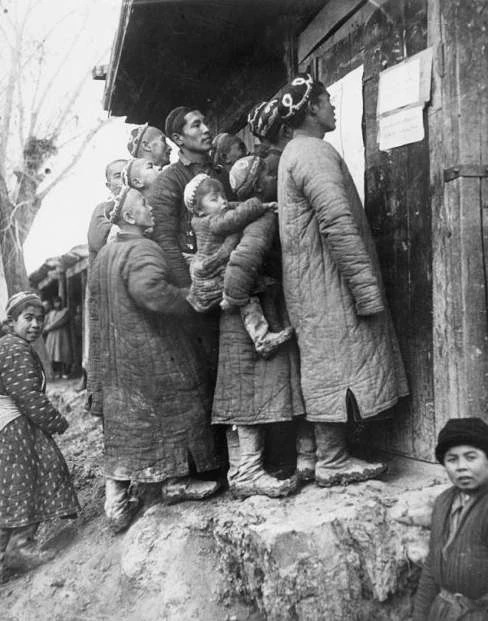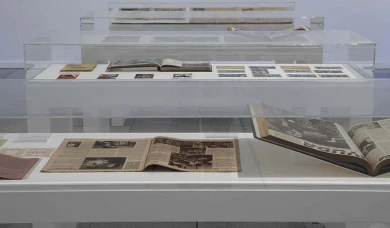Program
-
June 15, 2011
At what precise moment had the modern era fucked itself up?
Jorge Riechmann
Mario Vargas Llosa formulated this now classic question in Conversation in the Cathedral: at what precise moment had Peru fucked itself up? This question can be generalised and we can ask, paraphrasing his question: at what precise moment had the modern era fucked itself up? This tour through the exhibition suggests some elements for an answer, illuminated by the light that it projects from above onto a time of world socio-ecological crisis.
-
June 17, 2011
What is worker-photography?
Erika Wolf
The international worker-photography movement differed in its local manifestations, and so it is difficult to formulate a single answer to this question. It could be photographs taken by a worker, photographs of workers, or photographs that represent the view of the working class. This tour considers these questions by exploring a series of themes in the exhibition, including the idea of the camera as weapon, photographs as ammunition, the documentation of working life, and the eye of the social class.
-
June 22, 2011
Imagining proletarian culture: photography, film and the technical means to reconstruct history
Victor del Río
This presentation examines the genesis of the so-called proletkult (proletarian culture), which was established on revolutionary foundations and in which the technical means of image production acquired an unprecedented importance in history. It starts with the Soviet case as the genetic nucleus of a program based on related concepts like factography and proletkult, looking at how they spread internationally, and also entertains a critical review of mass culture.
-
June 24, 2011
The Spanish Robert Capas
Marta Arribas
What connection existed between the worker-photography movement and the Civil War? Were there Spanish photographers involved? Who were they? What happened to them after the conflict ended? Where did their archives end up? These questions allow us to examine instinctive photographers, such as the Mayo brothers, Marín, Díaz Casariego, and Alfonso, who were knowledgeable about Russian and German currents, and whose archives are now starting to be uncovered.






